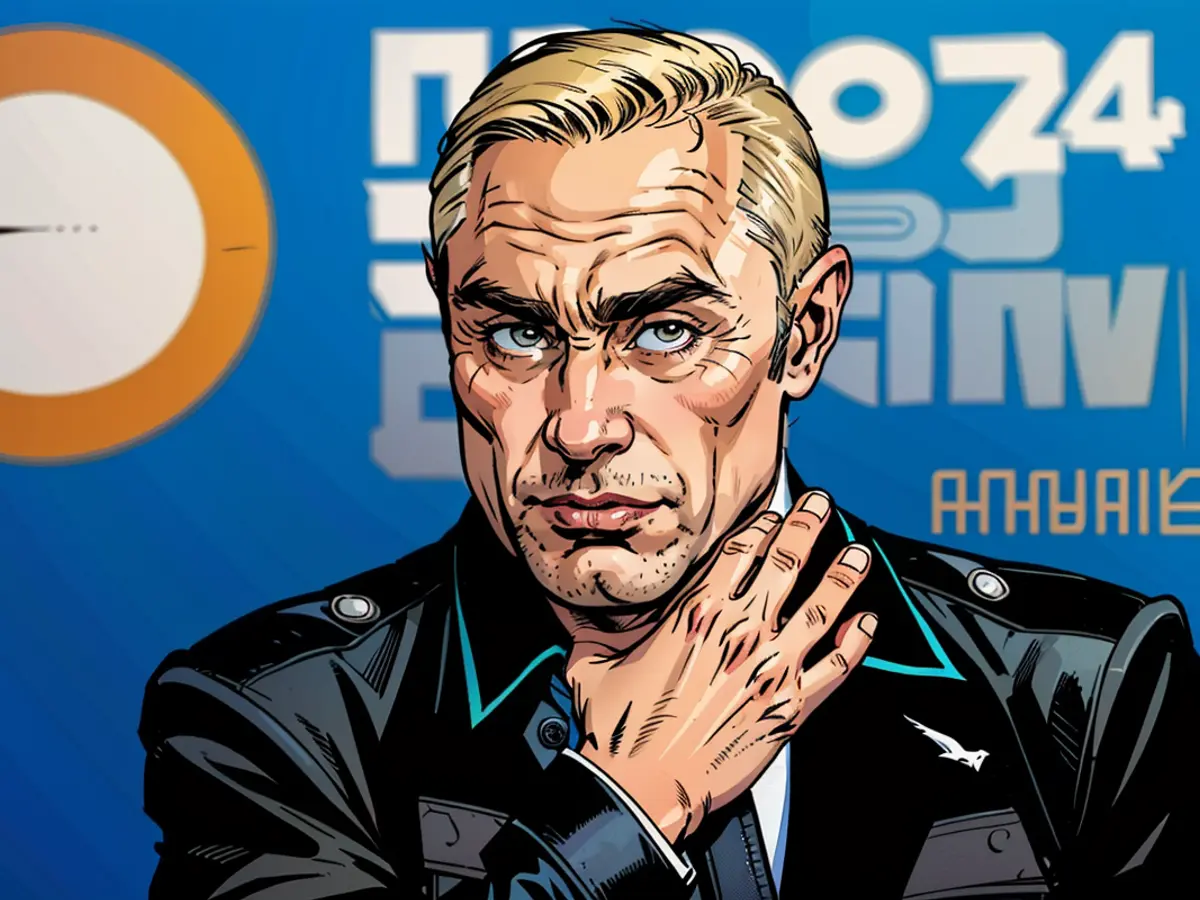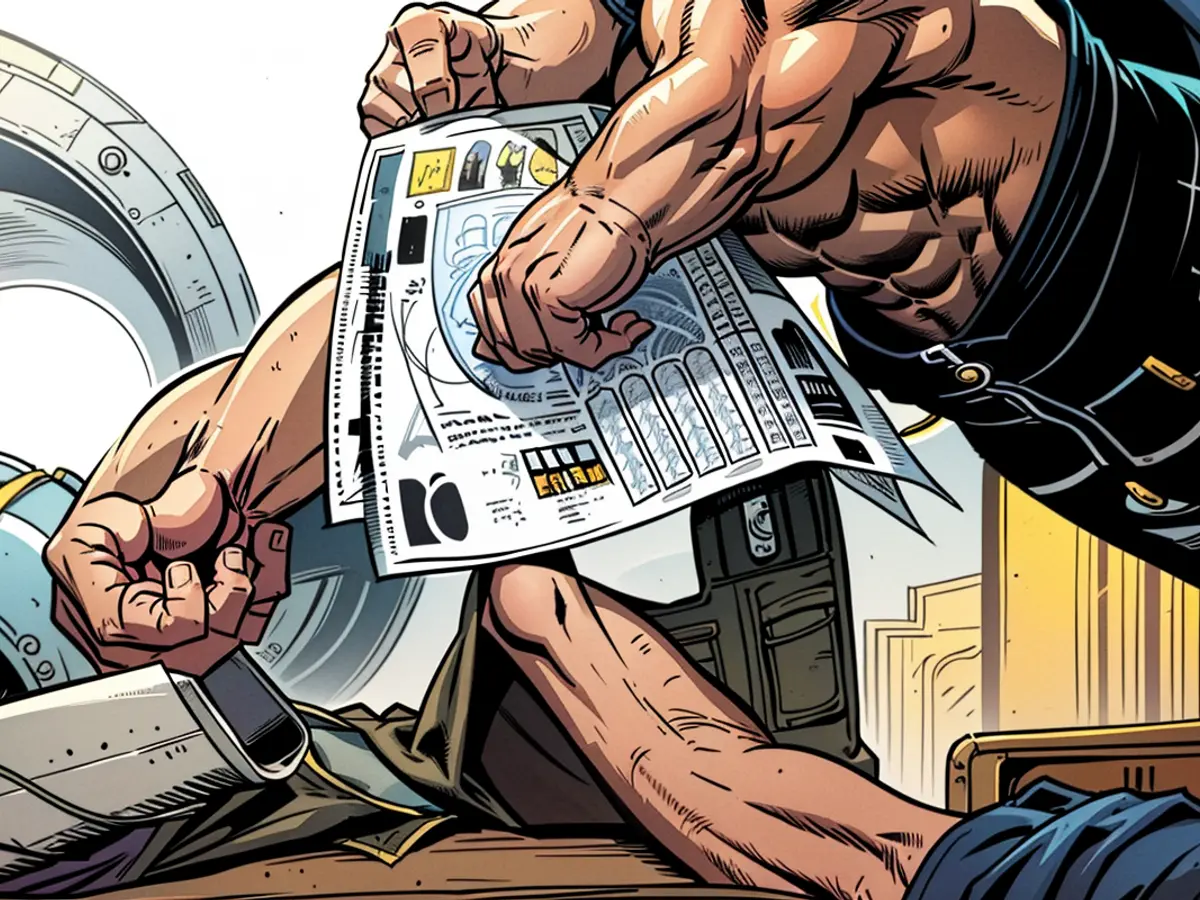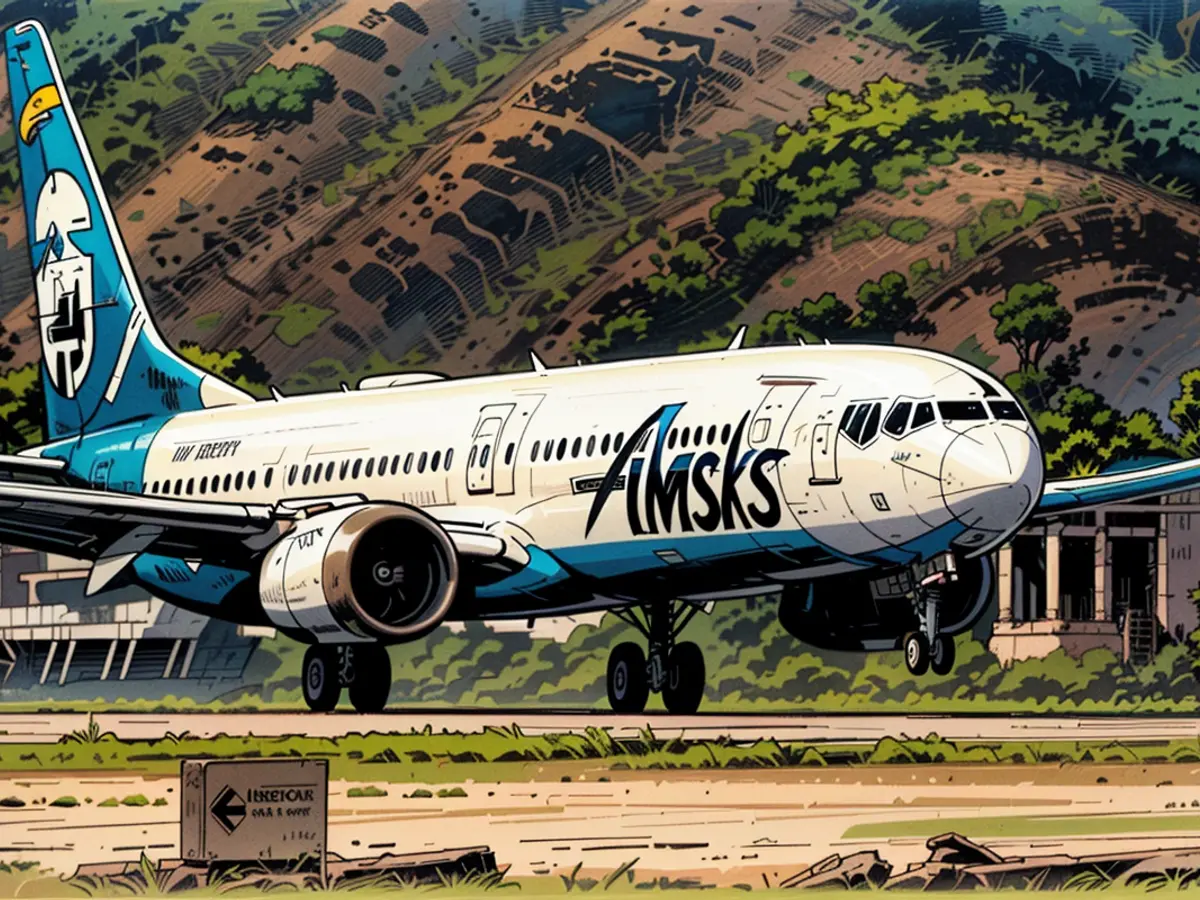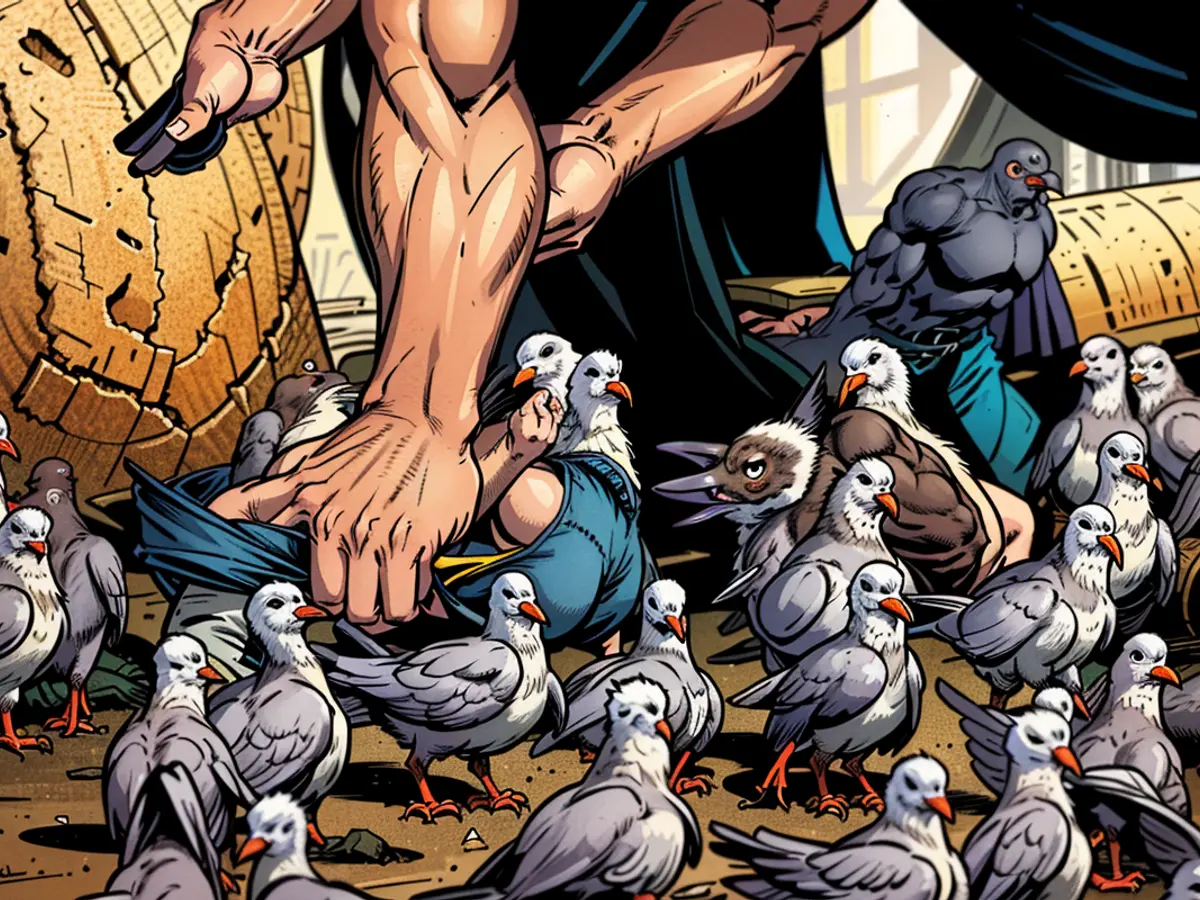Russian president aims to further distance Moscow from the West.
Russia's government is committed to distancing itself further from the West. To achieve this, President Putin intends to fortify economic ties with the BRICS nations. Rather than relying on imports, Moscow plans to bolster domestic production and make it more competitive, the Russian leader declared.
During the International Economic Forum in St. Petersburg, Putin highlighted Russia's goal of economic independence from the West. The country needs to cut back on imports, utilize non-Western currencies more frequently in trade, and significantly widen domestic financial markets, he said. Trade with Asia is experiencing a surge, and close to 40% of Russia's foreign trade now involves rubles. Meanwhile, transactions in dollars, euros, and other Western currencies are diminishing.
Russia's aim is to raise the share of transactions using the BRICS countries' currencies—which encompass nations like Brazil, Russia, India, China, and South Africa. Furthermore, Putin stressed that the development of an autonomous payment system will persist. This system must withstand political pressure and streamline transactions between countries. Russia has been partly excluded from the Western system and has designed its own credit card network.
Putin disclosed that last year, the ratio of payments for Russian exports in "toxic" currencies from adversaries (chiefly Western countries) halved. Additionally, he noted that the ruble's portion in export and import transactions has surged to around 40%.
Economic growth fueled by military expenditure
Russia must slash imports by fostering a competitive domestic production and raising investments in fixed assets by 60% by 2030, Putin explained. He also mentioned that the value of the Russian stock market should double by the end of the decade, later accounting for two-thirds of the nation's economic prowess. Despite Western sanctions, the GDP is currently experiencing growth. The government anticipates a 2.8% growth rate for 2024. In the previous year, Russia's expansion exceeded that of the United States or the EU.
Military spending is propelling the economy forward, a development that could endure for years. However, economists point out that this surge in growth depends on state-funded weapons and ammunition manufacturing. They argue that these factors impede a higher quality of life for Russian citizens.
Despite limited economic interactions, entrepreneurs from Western countries still participated in the forum. The forum, held since Wednesday and concluding on Saturday, saw Russian politicians and business figures emphasize that the nation is readying itself for a protracted military conflict. The war economy will likely shape Russia's economy for many years, they said.







